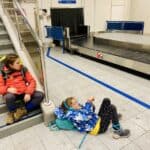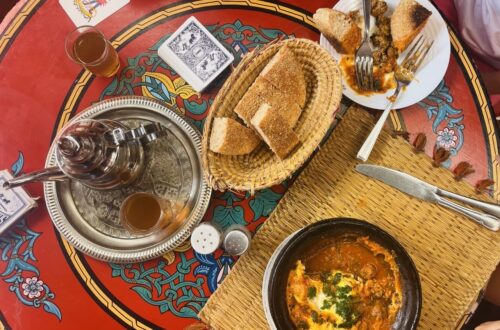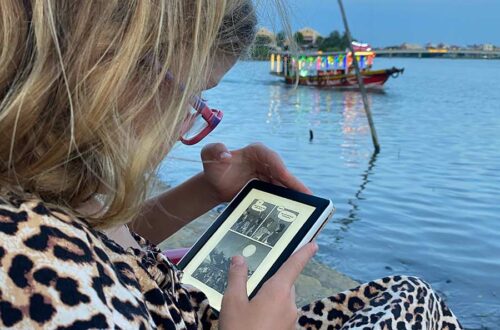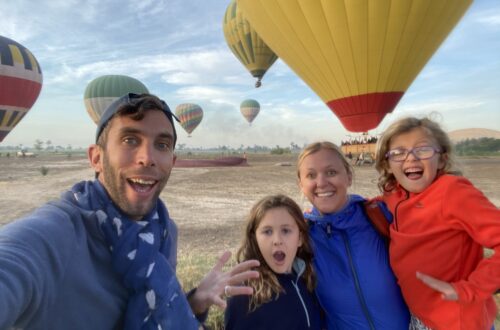
Top 10 amazing things you might not know about Worldschooling
First up, what is worldschooling?
Worldschooling is a different kind of education; It’s an educational philosophy and lifestyle that embraces the world as the classroom.
Worldschoolers learn by experiencing the world firsthand. And is not just about travel. It’s about exposing your children to different cultures and worldviews, and giving them the opportunity to learn in a variety of settings.
Benefits of full-time travel for children for mental health
I know, travelling full time with kids may seem like a crazy idea but when we think that the average American family spends just 37 minutes of quality time together per day during the week and it’s not much better in the UK with families having just four hours of ‘quality time’ together every week, maybe it’s not such a crazy idea.

Coming home from school, kids are shattered, you are stressed, there is the cooking, cleaning, and sorting for tomorrow…it’s no wonder it’s hard to find the time to spend together. I’m not saying it’s like living in a land of rainbows, unicorns, and sprinkles, it’s not! Problems don’t disappear, they will just happen in a slightly more exotic locations.
But, without the constraints and stresses of day-to-day monotony, you all have the time to handle things differently. Time and presence are the major difference in our lives now. But that is just one of the benefits. To show that I totally know what I’m talking about, I did some research and found actual studies to support the things I’m saying.
Mental Health Magic
Travelling can do wonders for your little ones’ mental health. Research (Molijn, 2022) suggests that it can crank down their stress levels and supercharge their brainpower.
Imagine your kids soaking in the sun, diving into new environments, and getting stuck into outdoor adventures. That’s the secret sauce to a wholesome, happy existence, contributing to their well-being and personal growth (Durko & Petrick, 2013).
So, there you have it. Travelling with your kids is good for your mental health!
Personalised Education
Recognising kids as the awesome individuals they are and being able to nurture individual talents gives your kid a chance to shine, to feel valued and to recognise their strengths. They’ll experience a confidence boost as they tackle subjects and projects that align with their interests and strengths
There’s no rigid timetable or one-size-fits-all approach. You and your child get to lead their learning, setting the direction and pace.
It’s been amazing to see the motivation our kids have to learn when something has sparked their interest. For our kids, these moments have come from the smaller experiences like planting seeds in Egypt to the pretty significant ones such as diving with sharks.
One to one support, educational and emotionally will have an impact. Again, it doesn’t always mean being the ‘teacher’ is easy, it’s probably one of the more challenging parts of worldschooling. But your child receives the support they need from educators who truly understand their unique skills and needs.
Fostering Creativity
The flexibility in personalized education encourages creative thinking. Your child will have the space to think innovatively and come up with creative solutions to challenges. There Are so many opportunities to get creative when traveling, from inspirational art museums, workshops, musical performances, painting etc… but for me it is the opportunity to THINK creatively.
Self-Motivated Learners
With a curriculum that aligns with their passions, your child is more likely to stay motivated and eager to learn independently. We like to find a balance between self directed learning projects that follow their own interests and directed learning experiences.
It is amazing to watch when your child gets stuck into a subject that they WANT to learn about.
Hands-on Learning
Travel isn’t just about sightseeing; it’s a great way to learn things in real life. Kids get to explore history, geography, science, and more by seeing and doing. Like, learning about the landmines through the rat detection unit in Cambodia or learning about deforestation when visiting a orangutan rehabilitation centre.
Learning is everywhere when you travel, especially with curious kids who have tons of questions. They learn from the world around them but also the more usual activities like museum visits, hands on crafting, and even cooking classes. When you’re ‘worldschooling,’ there are no limits to what you can discover. You just dive into subjects you’re into.
When you travel to new places, you can catch the language bug. Kids often pick up new languages and get better at talking when they’re in places with different languages. Throw in some Duolingo and you will be surprised how quick the kids pick up local languages and develop new skills.
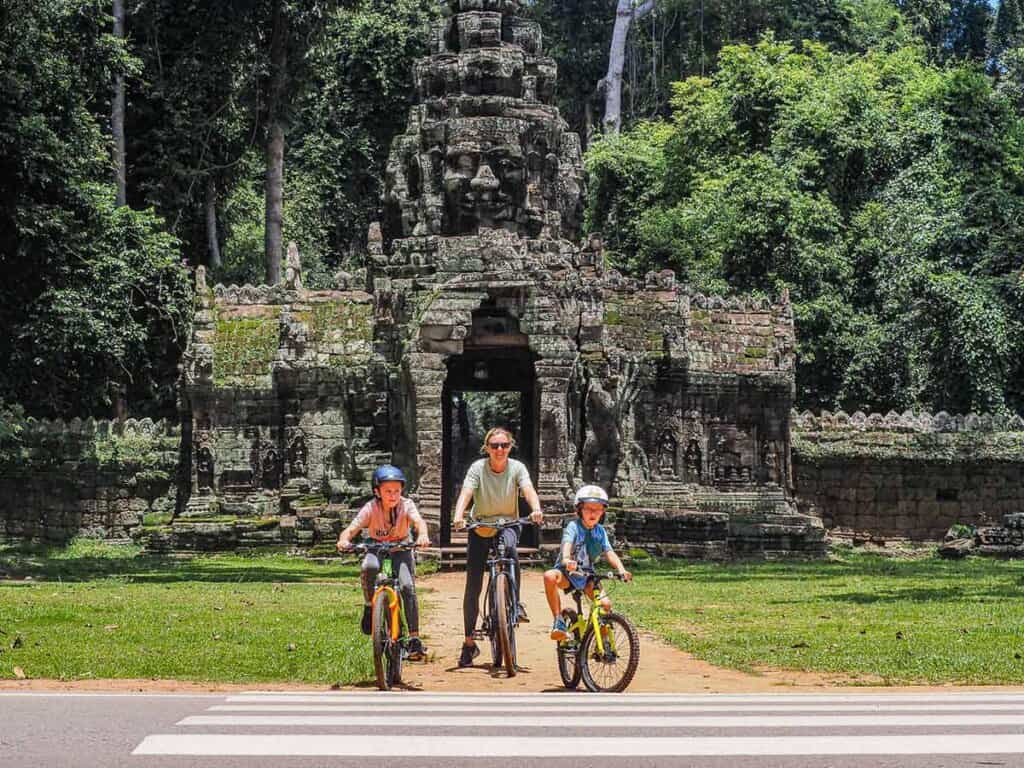
Real-Life Connections
Beyond the textbooks, kids learn essential life skills. They discover budgeting, time management, and planning by actively participating in the travel planning process. It’s like a real-world crash course in adulting!
Check out our tips on teaching the kids how to haggle. The ultimate maths test! Discover a Bargain; Teaching Your Kids to Haggle
Frequent travel fosters social skills that can’t be learned in a classroom. Kids meet and interact with people from all walks of life, boosting their ability to make friends easily and navigate various social situations. Our kids make friends with kids from all over the world and can communicate with adults with confidence.
Experiencing and travelling in different parts of the world inevitably means we learn about traditions, customs, and local ways of life by being right in the middle of it all
Flexibility and Adaptability
This isn’t just a skill for kids, but us adults too. Travel can be challenging and teaching kids how to navigate this is a life skill they will use again and again. Things don’t always go to plan…and that’s ok. Travel is an ever-changing adventure, full of surprises and uncertainties.
Kids who can embrace this lifestyle quickly develop the ability to adapt to new situations and environments, making them more flexible and resilient individuals. In a world that’s evolving at an unprecedented pace, these skills are vital.
Travel is all about experiencing the unfamiliar. I’m not sure how many different beds we have slept in! But whether it’s a different climate, food, language…it’s important to step outside of our comfort zones. This exposure to new experiences and a touch of healthy anxiety can actually enhance their performance and open their minds to embracing change.
Social Skills
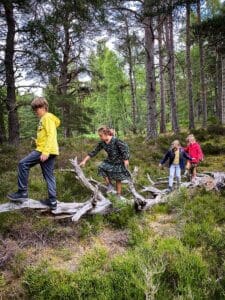
This is another concern that comes up with kids outside of the school system, whether home schooled or worldschooled.
Well, fear not…Here are lots of social advantages to worldschooling.
Diverse Socialization
Worldschooling kids experience a rich tapestry of social interactions. Unlike traditional schooling, which often segregates children by age, worldschoolers mingle with individuals from various backgrounds, age groups, religious beliefs, and more. This diverse socialization equips them to navigate the complexities of the real world. Meeting other children at Worldschool Hubs is a great way to enhance the social experience for kids and adults alike.
Enhanced Social Skills
Frequent travel exposes children to people from diverse backgrounds, honing their social skills and making it easier for them to make friends. They become adept at building relationships with individuals from different walks of life.
Cultural Understanding
Making friends from all around the world is a valuable lesson in compassion, peace, and cultural appreciation (although there have been a few fights over the international rules of Uno).
Basically, worldschooling exposes kids to a much more natural form of socialization, that prepares children for the intricacies of the real world. Imagine only hanging out with people your own age!
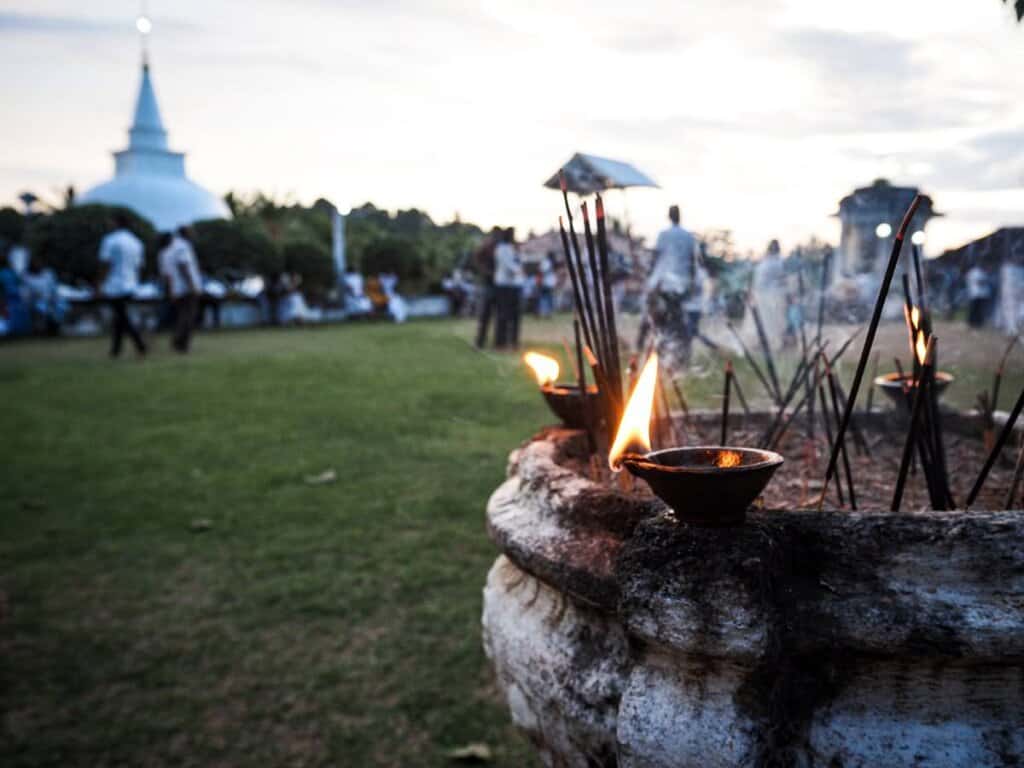
Cultural Competence and immersion
Full-time travel immerses us into a world of diverse cultures, languages, and ways of life. Living in different cultural contexts enables your kids to appreciate both the differences and commonalities among cultures. This culturally aware worldview, nurtures tolerance and understanding
Here comes the science- Experiencing various cultures, languages, and environments serves as a valuable catalyst for open-mindedness and a global mindset (Fouad & Elsaid, 2022). By encountering diverse perspectives, children develop the capacity to thrive in an increasingly interconnected world.
Adventure and Exploration
Kids thrive in the great outdoors, and worldschooling offers kids more time to explore nature. Unlike traditional schools, where outdoor time is limited, worldschoolers often spend entire days outside. Being outdoors is scientifically proven to enhance kids’ brain development, mood, and overall well-being. It also contributes to their physical health, as kids who spend more time outdoors tend to be healthier.
At the same time, worldschooling instils an appreciation for nature and a sense of environmental consciousness. Visits to national parks, beaches, and other natural wonders create a love for the environment, learning from the world around us.
Curiosity, creativity and Problem Solving
Worldschooling is like a masterclass in inspiring curiosity, creativity, and problem-solving. When you’re out exploring the world, you can’t help but be curious. You meet new people with fascinating stories, visit places you’ve only read about, and encounter unexpected situations. It’s an education in itself.
Worldschoolers are encouraged to be curious, courageously asking questions and embracing the unknown with empathy rather than fear. This curiosity fuels their creativity, as they connect the dots between different cultures, languages, and ideas. It’s a natural incubator for problem-solving, as they navigate unfamiliar terrain and find solutions to real-life challenges. Worldschooling encourages a way of thinking that thrives on questions, connections, and creativity.
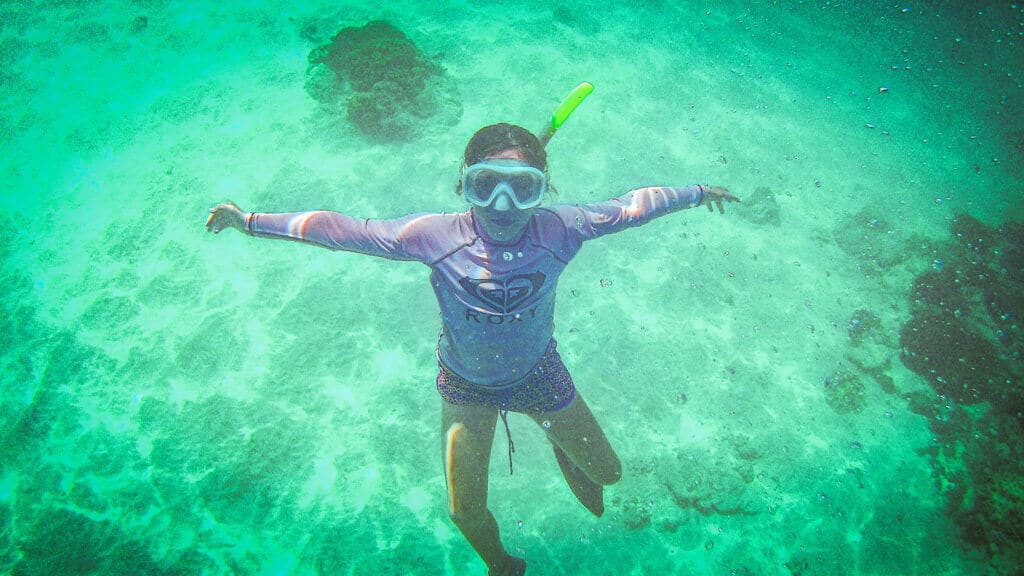
Strong Family Bonds
Hitting the road with your family isn’t just an adventure; it’s a crash course in family bonding! Spending 24/7 together can be an eye-opener. You’ll discover things you never knew about each. But, amidst all the chaos, you create unforgettable memories and deepen your family connections.
Research even says so! Travel can improve communication, reduce the chances of a mid-trip divorce (just kidding!), and strengthen those lifelong family bonds (Durko & Petrick, 2013). Full-time travel ultimately brings families closer; the science says so!
So, if that isn’t enough to whet your appetite for some worldschooling adventures then take a look at our blog for more inspiration. Or need some more guidance, take a look at our worldschool coaching with a qualified teacher and experienced worldschool dad.
The Worldschool Coach

Meet the author
Jak is co founder of Boston Tribe Travels. He has lived and travelled abroad for over 15 years with his family. He has taught in International schools around the world as a primary teacher and leader. He now travels full time with his family, worldschooling and coaching other families to follow their worldschool dream.





